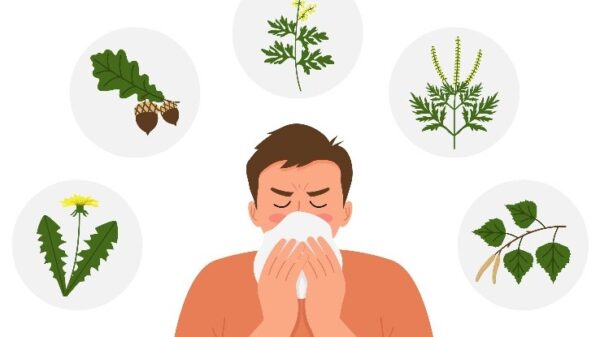NAIROBI, August 12 – The National Agency for the Campaign Against Drug Abuse (NACADA) says it is difficult to impose an immediate ban on miraa due to the negative economic impact it will have on farmers and traders who depend on it.
NACADA National Coordinator Jenifer Kimani told Capital News that a ban would require the government to provide alternative means of earning a living since most of the population in ‘Miraa country’ entirely depend on it.
She also figured that its dependants will be forced to look for other sources of income which could interfere with the security of the country.
However, she admitted that Miraa also referred to as Khat is a drug that has diverse negative effects on its users.
"Miraa is an issue we’ve been struggling with only that it is so entrenched in the people’s life where it is grown and an immediate ban will have very many negative social and economic consequences. It will need to be done in a more strategic manner to an extent that we provide those farmers with alternative agriculture," she said.
Kimani also concurred with Deputy Speaker Farah Maalim’s comment that the rate of school drop-outs was high in Miraa growing areas such as Igembe in Eastern Province and other areas in North Eastern province.
Last month Maalim said education standards in such areas were very low attributing the decline to consumption and sale of Miraa.
NACADA viewed this as a result of the high economic index levels in areas due to Miraa easy accessibility.
"A study by Kenya Institute of Management on educational achievements shows that in schools in a district in Eastern Province, where there were high levels of income because of Miraa, children were performing much poorer than schools in the same province where even food was really a problem," Kimani said.
Maalim also said he would mobilize Members of Parliament (MPs) to support a ban on the sale and consumption of Miraa.
This however will be difficult since Miraa dealers have vowed to relentlessly fight for their crop which they maintain is their life, their income and their occupation.
Capital News visited Maua, Laare and Mutuati areas in Meru North District and spoke to Miraa dealers who said despite depending on the crop as a source of income, it was also an important customary commodity used to propose and engage women.
John Rasta, a Miraa businessman queried: "How will we marry? What will my son take to the parents of his girlfriend if they ban Miraa? You know, I had to take Miraa to the parents of my wife."
Another trader Cindi Kahuho vehemently criticized Maalim’s comments saying they would destroy the people of Meru North since over 90 per cent of the population in the area depends on Miraa.
Igembe South MP Ntoitha M’Mithiaru promised to lobby to frustrate Maalim’s motion in Parliament saying the consequences of the ban may make people in the area result to criminal activities.
He also said Miraa was not a drug: "I am calling upon the United Nations, NACADA and other research bodies to come and carry out investigations because there is no report that classifies Miraa as a drug. We would also like to know what really it is."
A research by NACADA and an American survey institute shows that Miraa causes high blood pressure, madness, uncontrolled emotions and release of sperms and prolonged use of may even lead to impotence.
Other effects include excitation, rapid talking, restlessness, poor concentration, major memory loss, mouth diseases and sleeplessness.
Ntoitha however said that anything taken excessively as dire effects.
He then accused the government of failing to support Miraa farmers saying it should in fact be sourcing for larger markets for the crop.
Currently, Miraa is exported to London, Amsterdam and Holland. It is also widely used in Sudan, Somalia and Ethiopia.
































